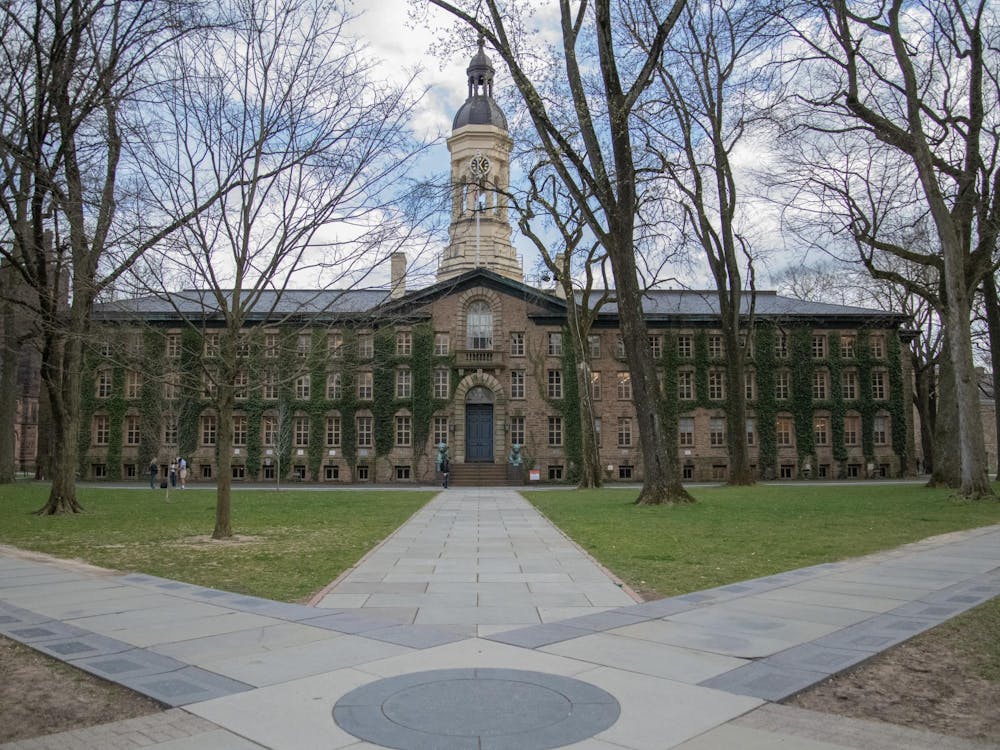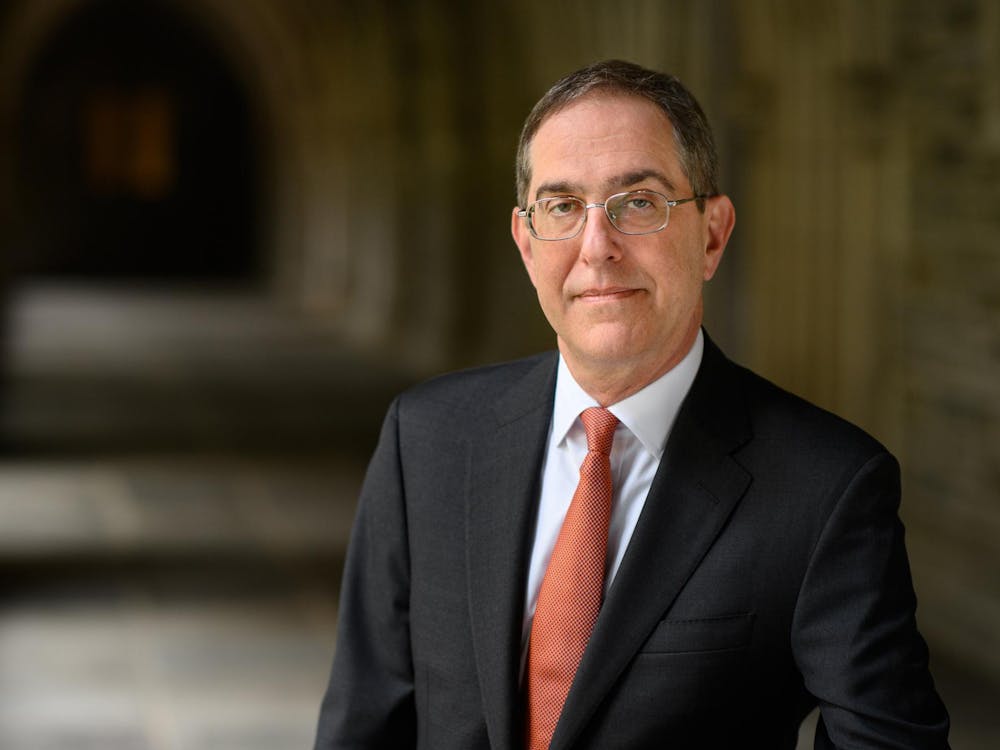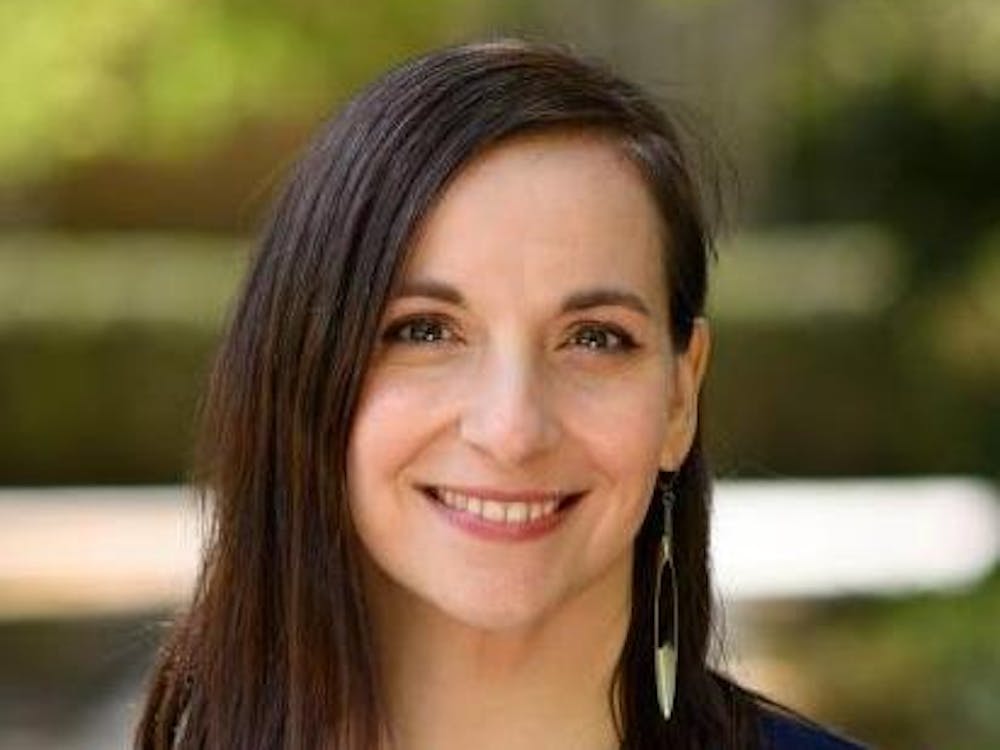Princeton students are arguably obsessed with planning. There are a myriad of advisers assigned to students from the moment they step on campus, with additional optional advisers as their career paths emerge. There are academic advisers, advisers within majors, and advisors for junior papers and senior theses, advisers for the pre-med and pre-law tracks, as well as advisers for Career Services. It seems that every possible life plan has a corresponding point of guidance available on campus. Security and advice abound for future-obsessed Princeton students.
Despite this overwhelming number of advisers, Princeton offers essentially no guidance for the students asking how they will fit a family into this plan, particularly for those students on whom the largest burden of childbirth and child-rearing is traditionally placed. There is a large yet unrecognized gap of guidance regarding future, planned pregnancies and how to incorporate those pregnancies into the lives the University subconsciously encourages its students to lead.
Family planning is a substantial aspect of a student’s future that must be considered in concert with career planning. Such questions are not asked, let alone answered, in most campus settings. When is the best time to have a child if you want to go to grad school? Is it possible to have a child at any point during the medical track, or should you expect to wait until far after the grueling process? What companies are the best at offering flexible options for new parents?
The best advice to these questions has been given to me informally, by female professors who have had similar experiences. (This is yet another reason why more female faculty are needed, especially in departments that have been traditionally inhospitable toward women). Without those chance opportunities for mentorship, many female students are stranded and left without guidance.
Therefore, female students are more likely to be impacted by this advising gap. As a result of the biological toll of childbirth and inequitable family leave laws, women are more likely to need and want to take time off after childbirth or integrating an adopted child into the family. Women are also expected, even in otherwise equal households, to bear more of the burden of child-raising, household chores, and other tasks that conflict with work responsibilities.
The Princeton community has thankfully moved past the days when female students were expected to be there for the “MRS degree,” educated only to find a husband and return to the home. Now, female students are among the most high-achieving on campus, equally as ambitious as their male counterparts.
At every career event, female students can be seen networking, making moves to pursue the lofty career that a Princeton education supposedly guarantees. Yet, despite this comprehensive career planning, little attention is paid to how family will fit into this equation — an absence that perhaps belies a philosophy within the University that female students can learn here, as long as they exhibit the same concerns as male students.
It should be noted that female students have a laudable amount of information and resources to help them prevent unexpected pregnancies, and the value of these resources should not be ignored. University Health Services (UHS) offers counseling, birth control options, and referrals to help students who face unexpected pregnancies. But potential future pregnancies, an important aspect of many students’ upcoming lives, also merit a presence in this advising system.
The solution is simple and would incorporate seamlessly into Princeton’s existing advising infrastructure. A sub-department of Career Services dedicated to advising students on how to include family planning into their career considerations would allow students to work within already-understood paradigms. Both female and male advising could be provided and could work with the female health section of UHS to provide any necessary medical referrals.
Without this resource, female students can continue to ask how to “have it all,” but no one will answer. Princeton’s advising system must include the female students who need advice specific to their experiences. Otherwise, those students will be left searching in the dark.
Madeleine Marr is a sophomore from Newtown Square, PA. She can be reached at mmarr@princeton.edu.










